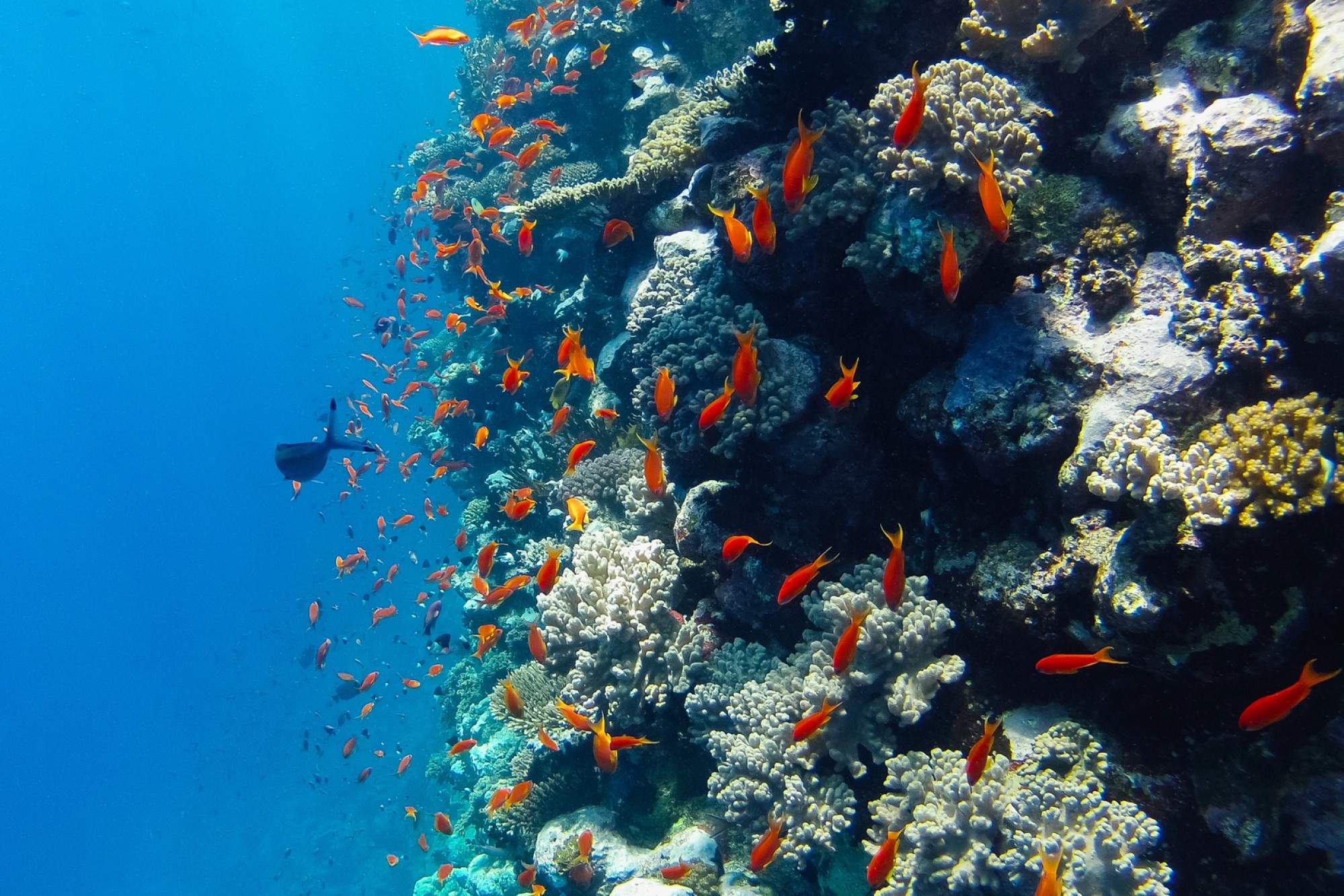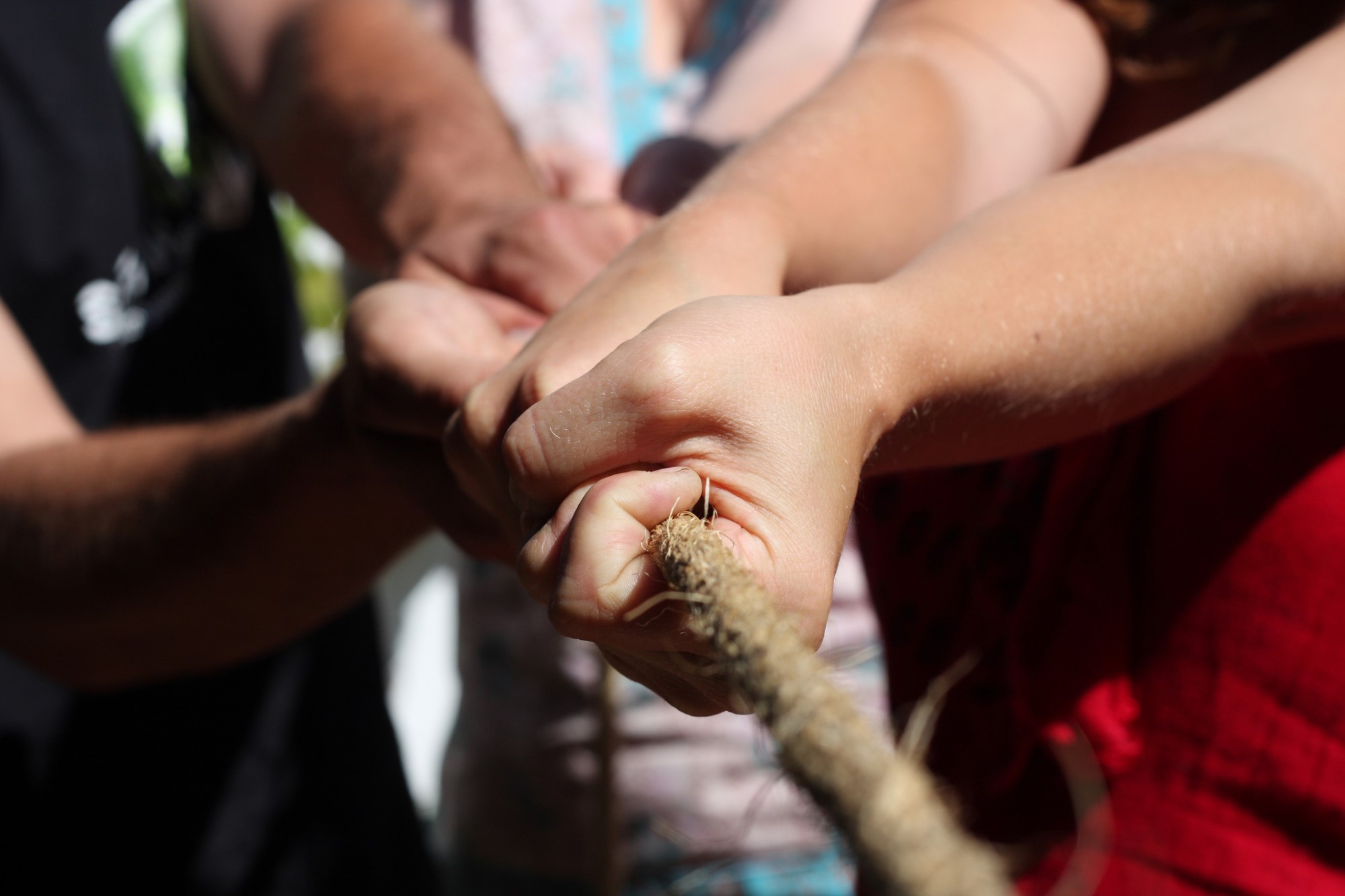Korea, Climate Change, and Intergenerational Justice – Part 2

Previously, I discussed a landmark case in the Constitutional Court of Korea in which 200 plaintiffs – mostly babies and children – claim that the Korean government has failed to protect its people by not doing enough to tackle the climate crisis. With Korea being uniquely prone to rising sea levels and extreme weather events, the plaintiffs are seeking to establish a legal precedent that would recognize the harms they will now suffer as a result of the Korean government’s inaction.
This case poses a battery of moral questions; but I focused on the unique considerations raised by just one of the plaintiffs: an unborn fetus nicknamed “Woodpecker.” I noted how Woodpecker’s inclusion challenges us to consider whether or not we can wrong individuals who do not (yet) even exist. Intergenerational justice seeks to explain how this is possible. It notes that while many of the harms that result from our actions are immediate, others might be deferred. And, if we believe that we bear moral responsibility for the harms that we cause, this might necessitate acknowledging that it is possible for us to now wrong an individual who does not even exist.
I previously considered one potentially concerning implication of this approach: namely, that it drastically widens the scope of individuals to whom we might owe duties. Now, however, I want to consider a much deeper problem for intergenerational justice: one that might threaten the very foundation of the entire project.
Consider, again, the case of the effluent-spewing factory set up by Blight Inc. in a lakeside community. We told the story of “Bluebird,” a child born 100 years hence, who would suffer a severe illness as a result of Blight Inc.’s historical pollution. As such, we provided a description of how we might coherently claim that the plant now wrongs Bluebird – despite Bluebird not yet even existing.
But what does this mean? In simplest terms, we might say that Bluebird is wronged by Blight Inc. because Blight Inc. has caused Bluebird to be worse off. But how do we show this? Ordinarily, we might establish whether A causes B by asking whether or not B would have happened but for A’s occurrence. This is often referred to as “counterfactual causation.” Suppose I want to know if my eating of a banana is a cause of my being bitten by a mosquito. According to counterfactual causation, I simply need to ask “would the mosquito have still bitten me but for my eating of the banana?” If the answer is “no,” then this is a good indication that my eating of the banana is a cause of my bite. If the answer is instead “yes” (i.e., the mosquito would have bitten me whether I’d eaten the banana or not), then this is a good indication that my eating of the banana is not a cause of my bite.
Return, then, to the case of Bluebird: When we say that Blight Inc. has made Bluebird worse off, we are essentially saying that but for Blight Inc’s actions, Bluebird would have been living a better life (i.e., one absent their disease). But here’s the thing: this counterfactual approach becomes enormously problematic when applied to future persons. Suppose, for example, that Bluebird’s grandparents met at a rally protesting the actions of Blight Inc. Is it now true that but for Blight Inc’s actions, Bluebird would have been living a better life? No. It is now the case that but for Blight Inc’s actions Bluebird never would have existed in the first place. Far from being the cause of Bluebird having a worse life, Blight Inc. is in fact the cause of their having any life at all.
This quirk of the approach might not seem all that concerning when we realize that it only applies to cases where someone wholly owes their existence to the harms perpetuated by the polluter. But the problem becomes much worse when applied to the climate crisis. Why? Because the effects of the crisis are massive and far-reaching. Consider our world 200 years hence. The 2224 in which we manage to successful avert climate catastrophe (call this 2024A) is going to be radically different to the 2224 in which we do not – a world ravaged by widespread droughts, floods, forest fires, and food shortages (call this 2024B). Why does this matter? Well, each and every one of us owes our existence to a very specific set of circumstances. We are each the result of a specific sperm and a specific egg uniting at a specific point in time. Had our parents conceived just a few minutes earlier or later, an entirely different person would have been created (a very close sibling, most likely). In this way, the tiniest change in these circumstances would have meant that we never even existed.
Given this, it becomes quickly apparent that no person who exists in 2024A could also exist in 2024B. Whatever unique set of circumstances led to the creation of a particular person in 2024B, there is no way that those same circumstances could also come about in 2024A. Why is this problematic? Because – if we use counterfactual causation – we cannot say that our climate failures now cause the people in 2024B to be “worse off.” Why? Because it’s not true that but for these failures, those living in 2024B would have had a better life. Rather, they would have had no life at all. Their very existence is dependent on their world being precisely the way it is.
This concern is referred to as the Non-Identity Problem, and was first posed by philosopher Derek Parfit. Crafting a solution is no easy feat. Yet it seems that we must if we wish to make coherent claims of intergenerational justice: that is, claims of the kind that our actions now are capable of wronging those who have not yet come into existence.
Fortunately, the Non-Identity Problem is limited to cases where a person’s existence depends on the world being precisely the way it has turned out to be. This means that it provides no challenge to the claims of individuals like Woodpecker. Since Woodpecker has already been conceived, their existence is assured – and that existence can be one that continues into a future where humanity pulls itself back from the brink of climate catastrophe or a future where we descend further into environmental disaster. Given this, it is true that – if the Korean government (and the world at large) fails to take the right actions – they will have caused Woodpecker to be worse off. Their inclusion as a plaintiff in this case, then, seems perfectly apt.




